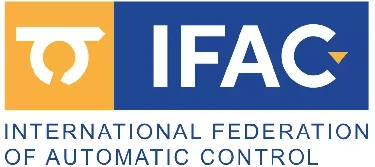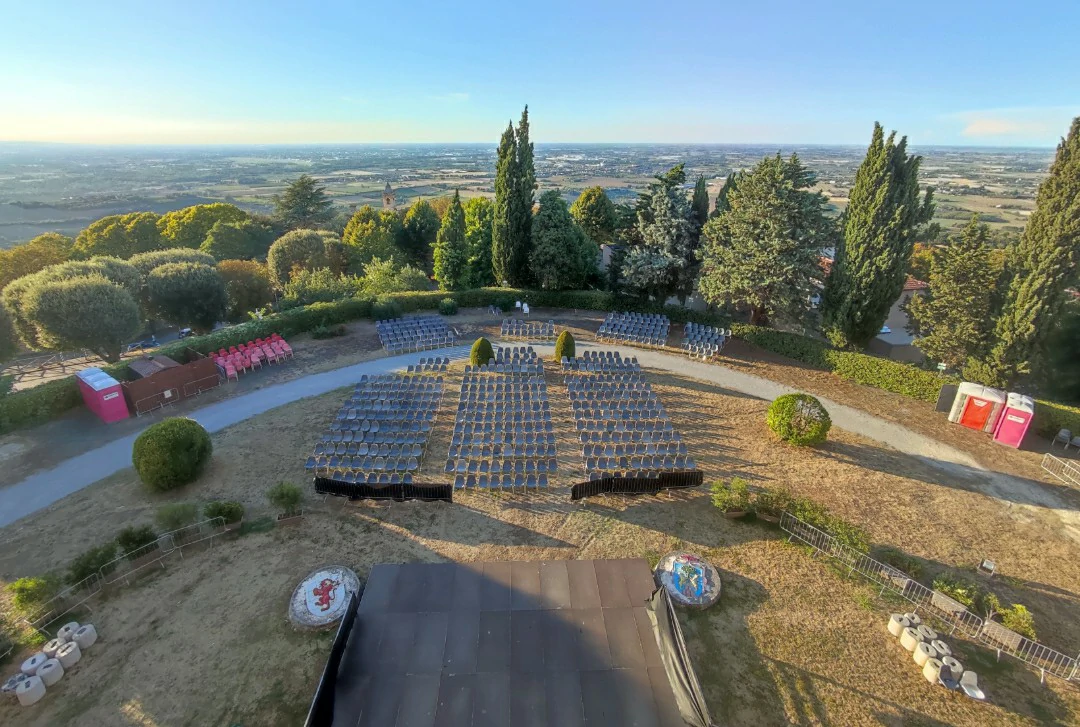Workshop conclusion and proceedings
The workshop has successfully concluded with 43 papers accepted. Conference proceedings can be accessed via the button below. We extend our thanks to all authors and participants for making the workshop a success. This website will remain active for reference and will be updated with details about the next edition of WACE.
Scope of the workshop
The Organizing Committee invites you to participate in the 2nd IFAC Workshop on Aerospace Control Education, scheduled to take place in Bertinoro, Italy, from July 22nd to 24th, 2024. This event is endorsed by IFAC, the International Federation of Automatic Control and sponsored by IFAC TC 7.3 on Aerospace, with further co-sponsorship from IFAC TC 9.4 on Control Education.
The workshop aims at bringing together an international community of educators, researchers and practitioners of aerospace engineering to discuss new courses, methodologies and tools specifically dedicated to teaching automatic controls in aerospace engineering. Scientists and engineers from industry, research institutes and universities involved in aerospace control education are invited to attend the Workshop and to contribute to the scientific program.
WACE 2024 will be a hybrid event, with support for virtual participation.
Call for papers
Papers that have been accepted and presented at WACE 2024 will be published in the event proceedings which will be made available through the open-access IFAC-PapersOnLine series hosted on ScienceDirect. The final versions of the papers should adhere to a length requirement of 4 to 6 pages. Find out more at Instructions for Authors.
Important dates
Submission site open for regular/invited papers and invited session proposals
Registration site open
Deadline for invited session proposals
Deadline for draft paper submission
Decision notification
Final submissions due
For more information please, refer to the instructions for authors.
Relevant topics
Topics of interest include, but are not limited to, the following topic areas with reference to Aerospace Control Education:
- Education experience, methods and tools for Flight dynamics
- Automatic flight control
- Aerospace control systems technology
- Avionics and on-board systems
- Aerospace data analysis
- Autonomous systems
- Assurance and safety for aerospace systems
- Methodologies for education
- Project-based education
- Professional-oriented education
- Innovative materials and new tools for teaching
- Teaching and learning experiences
- Evaluation and assessment of student learning
- Education accreditation, quality and assessment
- Competency-based learning and skill assessment
- Experiences outside the classroom (e.g., practicums, mobility)
- New teaching/learning theories and models
- Globalization in education and education reforms
- Entrepreneurship and learning for employment
- Reviews in engineering education
- Emerging methodologies in learning
- Technologies and tools for aerospace education
- Laboratory equipment
- Remote access labs
- HIL/SIL
- Laboratories
- Hangar facilities
- Virtual educational technology (e.g., virtual labs, e-learning)
- Flight simulators, digital twins
- Augmented reality
- Emerging technologies in learning
- Industrial topics in aerospace engineering curricula
- Aircraft certification
- Curricula requirements from the industry
- Relationship between education and job placement
- The role of internships, and in-company theses as educational tools
- Entrepreneurship and learning for employment
Invited sessions
Invited session proposals are solicited in all of the topic areas of the conference as well as in new or emerging technical areas. Papers in an invited session should form a cohesive focus on the relevant topic. Inclusion of a reasonable diversity of viewpoints is encouraged.
Specifically, the Workshop aims at showcasing academic and industrial tools suitable for aerospace education, therefore invited sessions dealing with demonstrations of hardware and software tools are welcome.
The session proposal should include a one- to two-page document describing the motivation and relevance of the proposed session. The document should also include session organizer contact information and provide a few sentences that describe each invited paper. On submission of the invited session proposal the organizer will receive a session code to be sent to each contributor for the submission of the individual papers.












